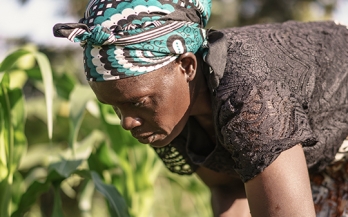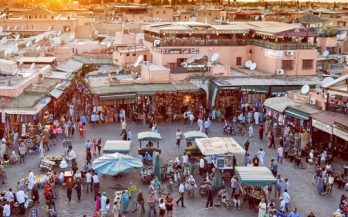

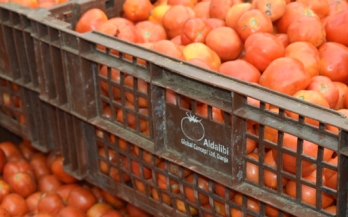
Reducing Postharvest Losses in Fresh Fruits and Vegetables in Nigeria
- 20/10/2022
The PLAN Nigeria project focused on tomato value chains and employed two models in its theory of change i.e. improving coordination among value chain actors through an Alliance, and building capacity and encouraging SMEs to adopt improved practices and technologies through Business-to-Business (B2B) mentorship.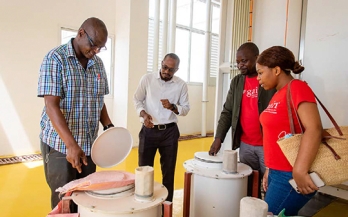
How can businesses advance nutrition? The case of the 2021 Nutrition for Growth (N4G) Summit
- 18/10/2022
Nutrition for Growth (N4G) is a Summit held every four years alongside the Olympic Games to galvanise global actions to tackle malnutrition.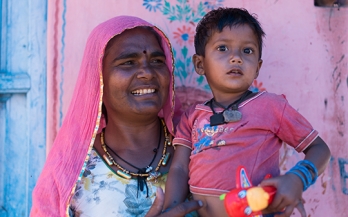
Increasing access to nutritious foods in India
- 16/10/2022
GAIN’s Workforce Nutrition program conceived and implemented a market-based supply chain solution to enhance the food environment around tea estates by leveraging the existing neighbourhood line shops to improve access to healthy foods.
GAIN Goes Green
- 31/10/2022
In line with our Environment Strategy, we aim to do the following at COP27 - Highlight the need for coordinated and integrated action on climate and nutrition to prevent disastrous increases in food insecurity and malnutrition resulting from climate change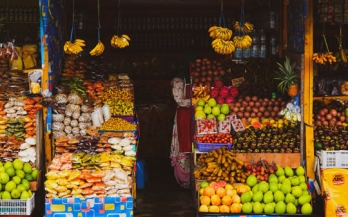
Reducing food loss and waste brings clear benefits for both nutrition and the environment
Far too often, nutritious foods (many of which are perishable, and therefore susceptible to being lost or wasted through the supply chain) never make it to consumers. With levels of hunger and malnutrition as high as they currently are, this is a travesty.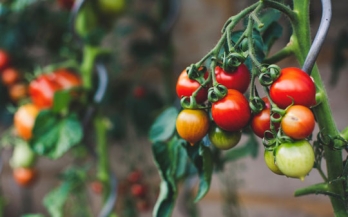
Reducing post-harvest loss of tomatoes in Ethiopia: E-PLAN
- 13/10/2022
In 2018, GAIN expanded its Postharvest Loss Alliance for Nutrition (PLAN) program to Ethiopia with a focus on reducing loss of tomatoes. Working with local stakeholders, PLAN Ethiopia was designed with two key components.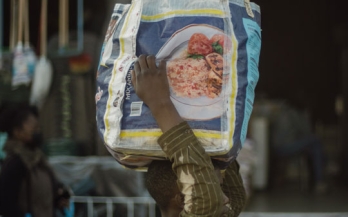
Rebuilding Fresh Food Markets in Mozambique
- 12/10/2022
To make sure Beira’s low-income population can continuously access affordable safe nutritious fresh foods and economic opportunities in traditional urban food markets, GAIN with funding from the government of the Netherlands supported the city of Beira by upgrading three fresh food markets.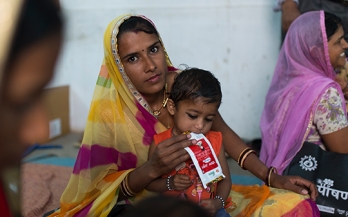
Story 3: Russia’s War in Ukraine: Implications for the Indian Food System
Read our third story in the series on The Food Crisis: What's Happening, a collection of work on the current events and the impact communities are seeing on a global scale. The Food Crisis is affecting everyone socially, economically and nutritionally. Tarun Vij, our India Country Director discusses the wide reaching ripple effect India is experiencing and what actions need immediate attention.